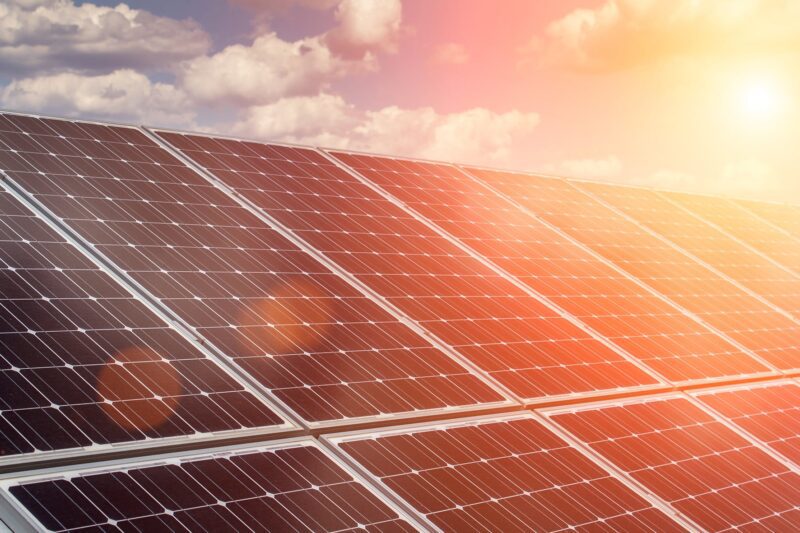Morocco continues its ambition to make renewable energy a pillar of its energy mix, with a goal of 52% of electricity coming from clean sources by 2030. While the country has already taken significant steps, a recent report from **SolarPower Europe**, in collaboration with the **Global Solar Council** and the **Renewable Energy Cluster**, highlights the actions still needed to fully unlock solar potential.
**Market Liberalization and Investment Attractiveness**
One of the key levers identified is the continued **liberalization of the electricity market**. By facilitating access to private capital, this opening would allow companies to intensify their investments in solar energy and diversify the energy supply. In particular, the **power purchase agreement (PPA) market**, regulated by law 13-09, requires strengthened support, notably through the adoption of decrees simplifying access to the medium-voltage network.
Improving the **regulatory framework and financial incentives** is also essential. A public guarantee mechanism could reassure investors, while tax incentives or the establishment of a carbon tax would promote broader adoption of PPAs. Encouraging large industrial consumers to engage in these contracts would also contribute to the success of the energy transition.
**Infrastructure and Storage: Major Technical Challenges**
The growth of solar energy cannot be fully effective without a **modernization of the electrical grid**. The report emphasizes the need to strengthen interconnections **between the sun-rich south of the country and the major consumption areas located in the north**. Investments in transport infrastructure and the **digitalization of the grid** are crucial to improving the stability and efficiency of the system.
Another significant challenge is **energy storage**. Developing efficient solutions, particularly batteries and smart demand management, would allow for better integration of renewable energies while stabilizing supply, especially during peak consumption periods. Involvement from industry in these solutions could enhance the country’s **energy security**.
**Self-Production and Simplification of Administrative Procedures**
Self-production of solar energy represents a major lever for reducing costs for companies while decreasing their carbon footprint. However, for this practice to become widespread, it is essential to eliminate administrative barriers that slow down project development.
The report recommends the establishment of a **single window**, led by organizations like **Masen**, to centralize and accelerate authorization procedures. Such simplification would promote a faster deployment of solar infrastructure and enhance Morocco’s attractiveness to international investors.
**A Sector in Full Transformation**
Despite these challenges, Morocco remains a key player in the energy transition in Africa. By optimizing its regulatory framework, strengthening its infrastructure, and accelerating the deployment of storage, the country could consolidate its leadership in renewable energies and attract new strategic investments.


